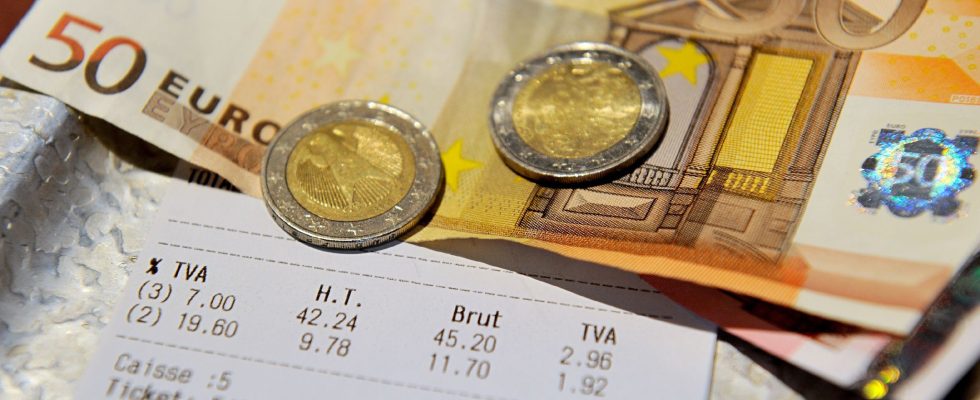The results of the Pisa rankings are definitely not to be taken lightly. The French’s inadequacies in mathematics have very concrete implications, including on their wallets. Understand the impact of inflation on one’s purchasing power, but also on one’s savings, take into account that the return on an investment depends on its degree of risk… So many concepts which are not always well understood, as evidenced by the latest survey carried out by the Banque de France. “We are particularly bad at calculating simple and compound interest rates,” points out Stéphanie Lange-Gaumand, director of financial education at the Banque de France. When the rates were at zero, it had little importance, but today ‘today…’
Without being catastrophic, the French copy is mediocre. Their average score, 12.45 out of 20, shows a slight improvement compared to 2021. It is barely lower than the average for OECD countries (12.6). But we are still far from the objective of 14 considered satisfactory by the international organization, a score achieved or even exceeded in Ireland, Germany, Hong Kong and Thailand. This survey also reveals that French households are less inclined than other populations to see the need to save to prepare for the future… The effect undoubtedly of a capitalization regime considered secure.
But these failures are detrimental: “among the 15% of French people saying they have been victims of fraud, the proportion of those who have poor financial literacy is very high”, notes Stéphanie Lange-Gaumand. To better arm future generations, the Banque de France also conducted a study among young people. 15-17 year olds are already very concerned by these questions: 91% have a bank account or savings account and 61% have a card. But beyond payment methods, their knowledge is still too limited. A fundamental subject given the risks to which they are exposed: 30% say they have already “received an offer to invest, lend or borrow money by telephone, Internet or a social network” and only half of these 15-17 year olds understand that cryptoassets are risky investments.
These indicators are all the more worrying given that these adolescents are eager for advice, including on social networks where financial influencers, more or less informed, operate. So the Banque de France evangelizes college students. Since the start of the September school year, 2 to 3 hours of training dedicated to budgetary and financial subjects are compulsory for all 4th grade students. Stéphanie Lange-Gaumand explains: “We introduce them to credit – they are not always aware that it is not free and can be repaid – we teach them that it is important to save, as a precaution or to finance future projects, we make them aware of payment methods and scams. Knowledge that they can in turn teach to their parents?
